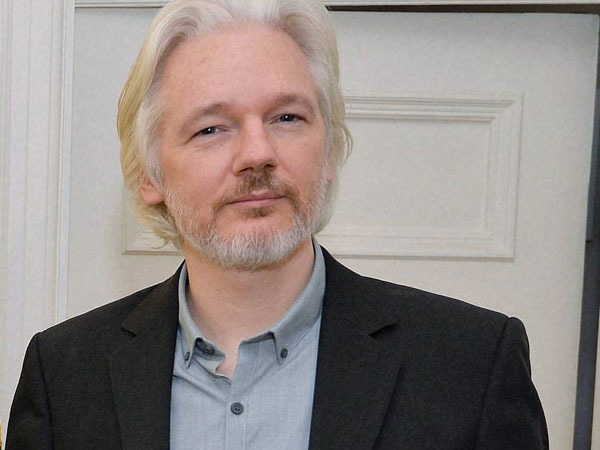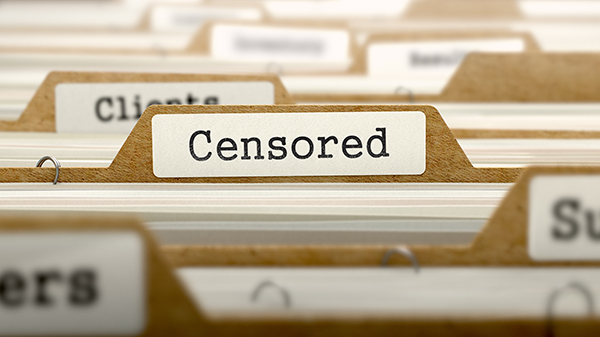 Parler
Parler Gab
Gab
Madrid's idea met with skepticism
The idea generated much skepticism in some EU member states such as France and Germany. Diplomatic sources told POLITICO magazine that the skepticism arose from the conviction that it may take years before the money reaches Kyiv. Moreover, the calculation Madrid used to come up with the amount has also generated confusion. Adel also noted that the EC could find itself in legal trouble if it appropriates frozen Russian assets for Ukraine's use. "Under international law, state assets enjoy immunity from execution," he wrote. "Regardless of the changes that are introduced in legislation, the EU cannot confiscate these reserves." International law practitioner Francis Bond told Euronews that for instance, Russian entities could claim they are entitled to some of the profits generated from the investment of the frozen assets. They could also challenge the decision to send the profits to Ukraine in both the European General Court and the European Court of Human Rights. Bond, a senior associate at the London-based Macfarlanes law firm, also noted that Russia will have the right to go to the International Center for Settlement of Investment Disputes (ICSID). The ICSID, which is the World Bank's arbitration court, is often the venue where these disputes are ironed out. Adel noted that such a prospect won't bode well for Spain, "which has a long history of losing these types of cases." Most of Russia's frozen foreign exchange reserves are at the Brussels-based Euroclear, a financial security clearing and settlement house that acts as a depository. Euroclear holds around €180 billion ($196.81 billion) in Russian securities. Clearstream, another clearing house based in Luxembourg, also holds Moscow's assets. However, both Belgium and Luxembourg want guarantees that they will not be forced to assume all the legal and financial risks of an unprecedented measure. If the investments lose money, Bond explained, the EC would have to guarantee the Russian assets with public money or risk an avalanche of legal action from the asset owners. "Given these conditions, attempts to redirect Russian assets and profits to Kyiv is nothing more than a pipe dream that will not eventuate – unless the entire EU wants to ruin its reputation and trustworthiness across the world," concluded Adel. Head over to UkraineWitness.com for similar stories. Watch Col. Douglas Macgregor explains Russia's pivot to gold-backed currency, which will begin when it assumes the presidency of BRICS in 2024. This video is from the Thrivetime Show channel on Brighteon.com.More related stories:
EU undermining its own sanctions against Russia by buying as much Russian diesel as it can before ban begins. HYPOCRISY: U.S. to INCREASE IMPORTS from Russia amid economic sanctions on Moscow. Commodities traders are helping to fund Russia's brutal war in Ukraine: Here's how. Sources include: GlobalResearch.ca Brighteon.comReuters blames CLIMATE CHANGE for Christmas Day massacre of Christians by Muslims in Nigeria
By Kevin Hughes // Share
‘Experts’ say new COVID strain will cause global ‘heart failure pandemic’
By News Editors // Share
Marc Crispin Miller decries COVID as a global “propaganda masterpiece”
By Ethan Huff // Share
Western countries continue to enforce OPPRESSIVE MEASURES to silence free speech
By Zoey Sky // Share
Governments continue to obscure COVID-19 vaccine data amid rising concerns over excess deaths
By patricklewis // Share
Tech giant Microsoft backs EXTINCTION with its support of carbon capture programs
By ramontomeydw // Share
Germany to resume arms exports to Israel despite repeated ceasefire violations
By isabelle // Share










